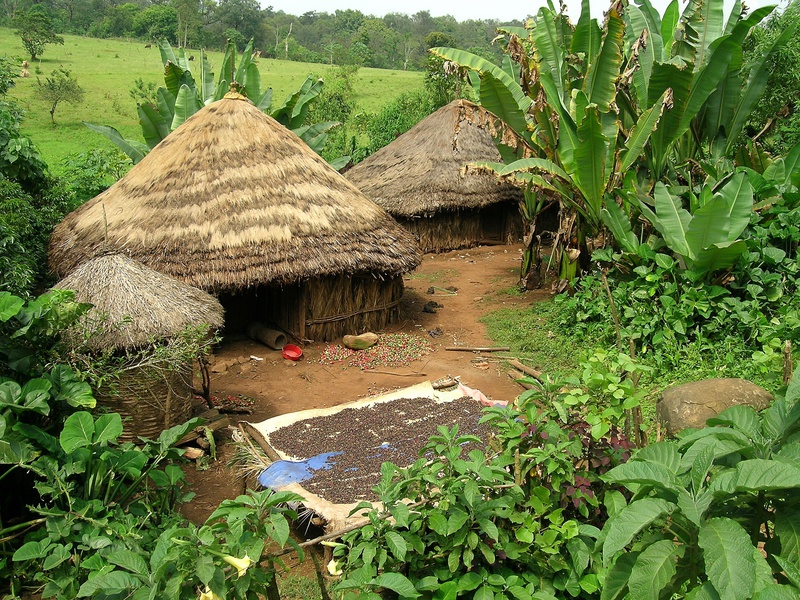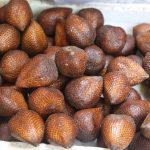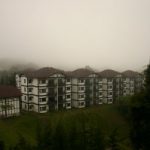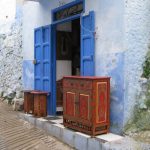 We met Kes Malede Abreha, described by our guides/interpreters as a “farmer-priest,” on his farm near Aksum, Ethiopia in the Central Zone of Tigray region. A small, wiry, soft-spoken man with a neatly trimmed beard, Kes Malede is one of the leading “farmer-innovators” in his community. Roughly eight years ago, he started digging for water on his very dry farm. His neighbors thought he was crazy, telling him he would never find water on the site. His wife even left him, moving their children into town.
We met Kes Malede Abreha, described by our guides/interpreters as a “farmer-priest,” on his farm near Aksum, Ethiopia in the Central Zone of Tigray region. A small, wiry, soft-spoken man with a neatly trimmed beard, Kes Malede is one of the leading “farmer-innovators” in his community. Roughly eight years ago, he started digging for water on his very dry farm. His neighbors thought he was crazy, telling him he would never find water on the site. His wife even left him, moving their children into town.
But about 16 meters down, Kes Malede hit water. After his wife returned, he began sketching ways that would make it easier to “push” that water to the surface. He developed a series of pumps, improving on each one. The one he’s using now is built from inexpensive wood, iron, and metal piping, all available locally. It can push or lift water not only to the surface, but also through a system of hoses to irrigate his fruit trees and farm crops, including teff, sorghum, tomatoes, and other vegetables.
As part of a group of farmers who can apply for and receive funding for their innovations from the global, NGO-initiated organization, Prolinnova, Kes Malede is teaching other farmers in the community by example, showing them how small investments in technology can make a big difference on the farm.
 Before he developed his water-management system, Kes Malede and his family lived in a one-room house and could grow only enough staple food to feed the household. Today, the family lives in a bigger house, grows a diversity of crops, and raises chickens, cattle, goats, and bees. Kes Malede’s investment in more beehives has not only provided income from honey production, but also helped pollinate his fruit and vegetable crops. He’s now helping other farmers-the same ones who thought he was crazy-by teaching them about his water lifting system and by selling modern, box-style beehives that allow farmers to both manage the bees better and harvest more honey.
Before he developed his water-management system, Kes Malede and his family lived in a one-room house and could grow only enough staple food to feed the household. Today, the family lives in a bigger house, grows a diversity of crops, and raises chickens, cattle, goats, and bees. Kes Malede’s investment in more beehives has not only provided income from honey production, but also helped pollinate his fruit and vegetable crops. He’s now helping other farmers-the same ones who thought he was crazy-by teaching them about his water lifting system and by selling modern, box-style beehives that allow farmers to both manage the bees better and harvest more honey.
______________________
Who we are: BorderJumpers began in October 2009 in Addis Ababa, Ethiopia — when Bernard Pollack and Danielle Nierenberg began a journey to travel in Africa. At every stop they are meeting with farmers, community organizers, labor activists/leaders, non-governmental organization (NGOs), the funding and donor communities, and local, regional, and international press.
With a Sony handycam, a 8-year old laptop, and sporadic internet connections – their goal is to bring stories of hope from across the region to as large an audience as possible. They will tell the stories that aren’t being told-from oil workers fighting to have a union in Nigeria to innovative ways farmers and pastoralists are coping with climate change.







Leave a Reply